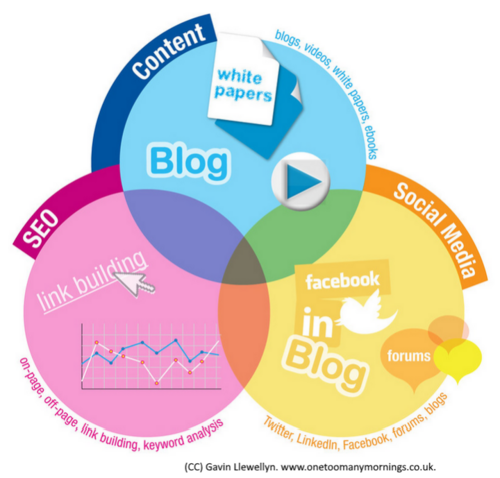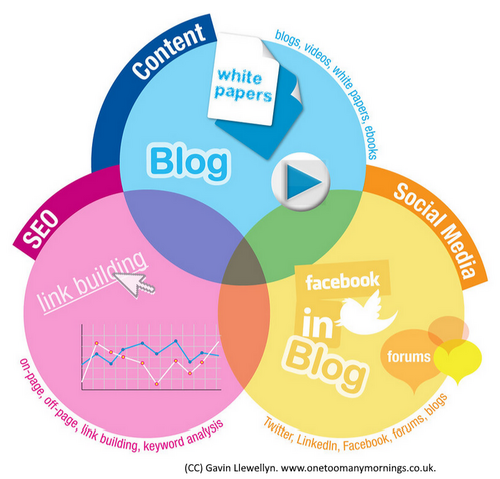What is Inbound Marketing?
Join Digi Refera Airdrop Promo | CLICK HERE | for more

What is Inbound Marketing?
In today’s fast-paced and ever-evolving digital world, it is important for businesses to stay ahead of the game by continuously adapting and innovating their marketing strategies. One such strategy that has gained significant popularity in recent years is Inbound Marketing.
Inbound Marketing is essentially a methodology that seeks to draw potential customers towards a business by creating valuable and engaging content, rather than pushing advertising messages onto them. The approach is designed to attract, convert, close and delight the customer, all while providing them with a better overall experience.
Unlike traditional marketing techniques which tend to focus on outbound messaging aimed at a large audience, Inbound Marketing relies on creating content that is tailored to specific consumer needs and interests. This means that the content is highly relevant, provides valuable insights, and is delivered to those who are looking for it.

The Inbound Marketing methodology can be broken down into four stages:
Attract: The first step is to attract potential customers by creating content that appeals to their interests and needs. This can be done through blog posts, social media updates, videos, webinars, podcasts and other digital content marketing strategies.
Convert: Once a potential customer has been attracted to a business, the next step is to convert them into a lead by encouraging them to take an action on the website, such as filling out a form, subscribing to a newsletter, or downloading an e-book.
Close: Once a lead has been captured, the business can begin to nurture the relationship by providing targeted content, encouraging engagement, and building trust. This ultimately leads to an increased likelihood of closing the sale.
Delight: The final stage involves providing the customer with an exceptional experience, even after the sale has been made. This can include providing ongoing support, rewarding loyal customers, and seeking feedback to improve future interactions.
The benefits of Inbound Marketing are numerous. It helps companies to reach their target audience in a more effective way, by providing content that is tailored to their needs and interests. It also builds trust and credibility with potential customers, increasing the likelihood of a sale. Additionally, it helps businesses to engage with their customers on a more personal level, improving customer retention and developing long-term relationships.
In order to implement an Inbound Marketing strategy, businesses need to invest in creating high-quality content and take advantage of social media, search engine optimization, email marketing and other digital marketing tools. They should also have a thorough understanding of their target audience, and use analytics to continuously monitor, measure and improve their strategies.
In conclusion, Inbound Marketing is a highly effective marketing methodology that focuses on attracting, engaging and delighting potential customers, rather than pushing product or service information at them in a disruptive way. It provides businesses with a more targeted approach to marketing, and helps to build trust and credibility with their target audience. By investing in high-quality content and utilizing digital marketing tools, businesses can reap the benefits of this innovative marketing approach for years to come.
mcBLOG : Real | No Fakes | mcBLOG.mcmultimedia.biz



Leave a Comment